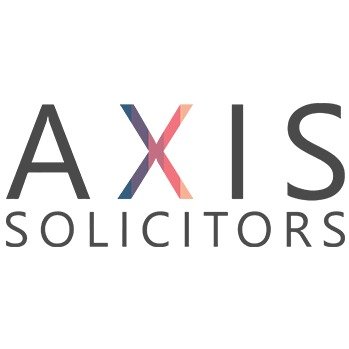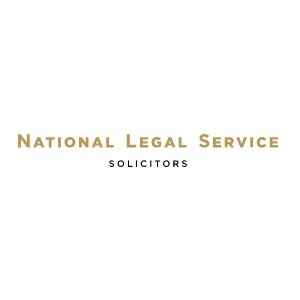Best Child Abuse Lawyers in London
Share your needs with us, get contacted by law firms.
Free. Takes 2 min.
Free Guide to Hiring a Family Lawyer
List of the best lawyers in London, United Kingdom
About Child Abuse Law in London, United Kingdom
The law in the United Kingdom, including London, recognizes four types of child abuse: physical abuse, emotional abuse, sexual abuse, and neglect. It considers any act that harms a child or a young person under 18 years mentally, physically, or sexually as an offence. Child abuse laws are mainly defined in the Children Act 1989 and updated in the Children Act 2004 to protect children's rights and ensure their welfare and safety. Reporting child abuse is mandatory for people in designated positions, such as teachers and doctors. Failure to report can also lead to legal implications.
Why You May Need a Lawyer
Laws relating to child abuse are complex, both for those reporting abuse and those accused of abuse. You may require legal help in cases such as allegations of abuse, custody disputes involving abuse allegations, cases of institutional abuse, and protection from an abusive situation. It can be essential to engage legal counsel to ensure the rights of all involved parties are protected and cases are handled correctly and sensitively.
Local Laws Overview
The primary legislation that defines and governs child abuse in London, UK, is the Children Act 1989, further revised by the Children Act 2004. These laws emphasize the paramountcy principle - the child's welfare must be the court's paramount consideration. The Serious Crime Act 2015 imposes a legal duty on professionals to report instances of female genital mutilation (FGM) to the police. The Protection of Freedoms Act 2012, governs issues related to child images and online abuse.
Frequently Asked Questions
Is corporal punishment considered child abuse in London, UK?
Yes, corporal punishment can be considered a form of physical abuse - it is prohibited in schools and can be prosecuted as assault if it goes beyond "reasonable chastisement" at home.
What to do if I suspect a child is being abused?
Anyone who suspects a child is being abused should report their concerns to their local council's child protection team, the police, or organizations like Childline or the NSPCC.
Can I report child abuse anonymously?
Yes, you can report child abuse anonymously. However, providing your details can be helpful should authorities need to follow up for additional information.
What are the consequences of false allegations of child abuse?
False allegations of child abuse can have severe consequences, including legal action, reputational damage, and emotional distress. It's important to ensure you have reasonable grounds for suspicion before reporting.
What role does a lawyer play in child abuse cases?
A lawyer plays several crucial roles in child abuse cases, including providing legal advice, representing clients in court cases, ensuring their client's rights are upheld, and managing legal documentation and proceedings.
Additional Resources
The NSPCC (National Society for the Prevention of Cruelty to Children) offers resources, support and legal advice for people dealing with child abuse. Childline is another organization dedicated to supporting children facing abuse. For legal assistance, the Bar Pro Bono Unit can provide free legal help and representation.
Next Steps
If you or someone you know needs legal assistance in a case of child abuse, it is advisable to reach out to a solicitor experienced in child law. They will guide you through the legal process, advise you on the steps to take, and represent your interests in court. You may also reach out to relevant organizations for support, advocacy, and advice.
Lawzana helps you find the best lawyers and law firms in London through a curated and pre-screened list of qualified legal professionals. Our platform offers rankings and detailed profiles of attorneys and law firms, allowing you to compare based on practice areas, including Child Abuse, experience, and client feedback.
Each profile includes a description of the firm's areas of practice, client reviews, team members and partners, year of establishment, spoken languages, office locations, contact information, social media presence, and any published articles or resources. Most firms on our platform speak English and are experienced in both local and international legal matters.
Get a quote from top-rated law firms in London, United Kingdom — quickly, securely, and without unnecessary hassle.
Disclaimer:
The information provided on this page is for general informational purposes only and does not constitute legal advice. While we strive to ensure the accuracy and relevance of the content, legal information may change over time, and interpretations of the law can vary. You should always consult with a qualified legal professional for advice specific to your situation.
We disclaim all liability for actions taken or not taken based on the content of this page. If you believe any information is incorrect or outdated, please contact us, and we will review and update it where appropriate.

















